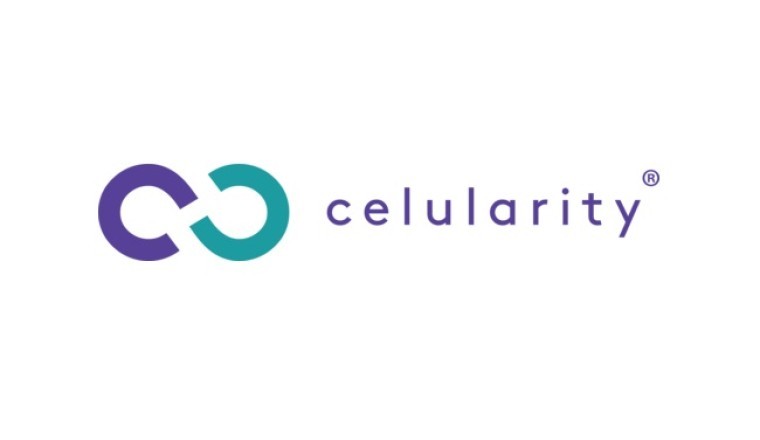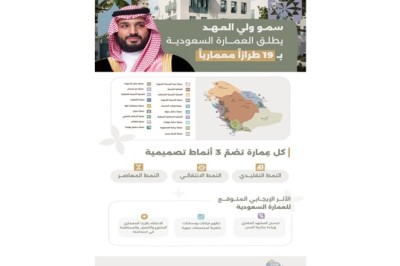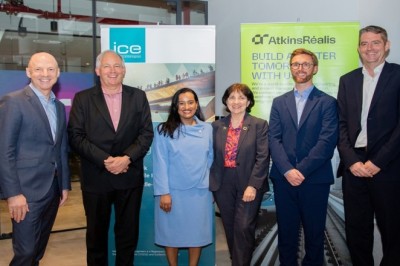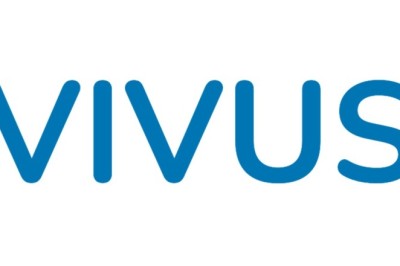
FLORHAM PARK, N.J.: Celularity, Inc. (Nasdaq: CELU) (“Celularity” or “the Company”), a clinical-stage biotechnology company developing placental-derived allogenic cell therapies and biomaterial products, shared today that Chairperson, Founder and Chief Executive Officer Robert J. Hariri, M.D., Ph.D. addressed the Future Investment Initiative 6th Edition in Riyadh conference sponsored by the Future Investment Initiative (FII) at the plenary session: The Science and Technology for Extending Healthy Human Lifespan.
Participation in FII is reflective of the Company’s focus on global expansion and the importance of Saudi Arabia to the company’s strategy. Dr. Hariri delivered a presentation titled “The Preservation of Human Performance” that addressed the cellular and molecular hallmarks of aging and age-related stem cell exhaustion. The Company is leveraging its proprietary platform to develop potential cellular therapy options for the treatment of cancer, immune and infectious diseases. In addition, the Company is actively developing acellular therapeutics for musculoskeletal disease and human performance, and to maintain high performance mobility and aesthetics.
“The FII conference was an invaluable opportunity to interact with leaders behind the Saudi Vision 2030 program and its giga-projects, including NEOM, the Red Sea Project and AMAALA, Diriyah, Qiddiya, and Roshn as well as in Riyadh and Jeddah,” said Dr. Hariri. “Celularity’s focus on developing placental-derived allogenic cell therapies and biomaterial products using our proprietary technology platform offers a meaningful opportunity to support the health and wellness of more people in the Middle East and North Africa (MENA). We appreciated the opportunity to meet representatives of many prominent local and regional companies, including Tamer Group, Sanabil Investments, Public Investment Fund (PIF), and NEOM, and look forward to building these relationships and exploring opportunities to be part of the Saudi Vision 2030 plan for healthcare innovation and development.”
Established in 2017 by the PIF, Saudi Arabia's main sovereign wealth fund, the FII conference began as part of the Saudi Vision 2030 program of economic and social reform. The FII conference is global, inclusive, and built on Environmental, Social, and Governance (ESG) principles and on turning ideas into real-world solutions in five critical areas, including healthcare.
“The proliferation and differentiation of tissue-resident stem cells drives the ongoing process of renovation and renewal,” said Dr. Hariri, such that “a reduction in the number of available stem cells or accumulated genomic defects can impair that regenerative process.” This effect, according to Dr. Hariri, is evident in age-related conditions such as frailty and age-related muscle loss or sarcopenia.
Celularity is actively investigating advanced cellular therapeutics for the treatment of cancer and immune and infectious diseases. Insights from this research could inform other areas, such as preserving human performance and maintaining high-performance mobility, cognitive ability, immunity, and youthful aesthetics. Dr. Hariri, who was joined by Celularity Director and member of the FII Institute’s independent Board of Directors, Peter Diamandis, MD, discussed Celularity’s clinical-stage programs utilizing natural killer (NK) cells and mesenchymal stem cell-like adherent stromal cells, which are part of the company’s proprietary technology platform built on the unique biology of the post-partum placenta – a source of cells and biomaterials.
Scientists at Celularity and elsewhere have established that senescent cells play a causative role in aging and age-related disease, including cardiovascular, Type 2 diabetes, malignancies, sarcopenia, and neurodegenerative diseases. So-called senotherapeutics kill senescent – or aging – cells selectively. Dr. Hariri discussed the concept of senotherapies that could harness the innate ability of NK cells to kill senescent cells. Celularity believes this approach could have potential to improve both healthspan—the period of life spent free from the chronic diseases and disabilities of aging—and lifespan, or longevity.
Dr. Hariri also presented data to the plenary session on how stem cell quantity and quality declines with age and discussed the Company’s ongoing investigation of the immunomodulatory and anti-inflammatory action of mesenchymal stem cell-like placenta-derived adherent stromal cells, which may have therapeutic relevance in age-related conditions like sarcopenia, frailty, and Type 2 diabetes. Celularity scientists have shown that stem cells from the placenta demonstrate immune-privilege and do not require donor-recipient matching, and exhibit greater stemness, or the capability for self-renewal and differentiation, than stem cells from adult donors.



















Facebook Conversations
Disqus Conversations